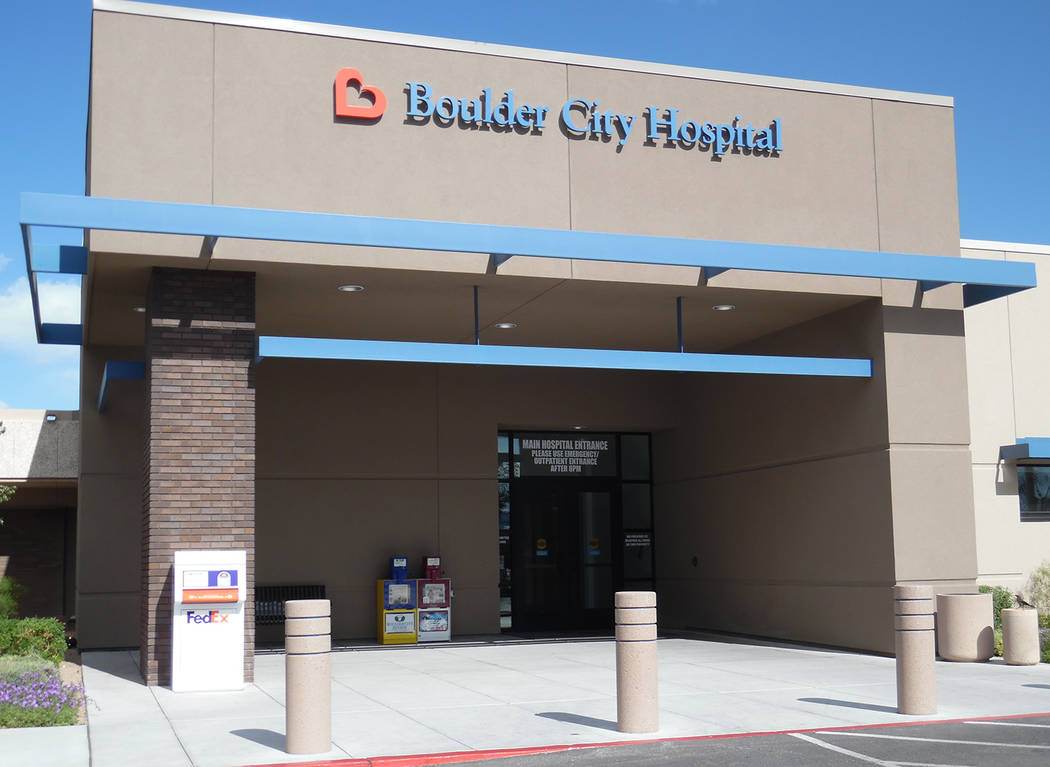Take steps to reduce risk of falling
Each year, millions of older people — those 65 and older — fall. In fact, more than one out of four older people falls each year, but less than half tell their doctor. Falling once doubles your chances of falling again.
Many falls do not cause injuries. But one out of five falls does cause a serious injury such as a broken bone or a head injury. These injuries can make it hard for a person to get around, do everyday activities or live on their own.
Falls can cause broken bones, like wrist, arm, ankle and hip fractures.
Falls can cause head injuries. These can be very serious, especially if the person is taking certain medicines (like blood thinners). An older person who falls and hits their head should see their doctor right away to make sure they don’t have a brain injury.
Many people who fall, even if they’re not injured, become afraid of falling. This fear may cause a person to cut down on their everyday activities. When a person is less active, they become weaker and this increases their chances of falling.
Research has identified many conditions that contribute to falling. These are called risk factors. Many risk factors can be changed or modified to help prevent falls. They include lower body weakness, vitamin D deficiency (that is, not enough vitamin D in your system), difficulties with walking and balance, use of medicines, such as tranquilizers, sedatives or antidepressants (even some over-the-counter medicines can affect balance and how steady you are on your feet), vision problems, foot pain or poor footwear and home hazards or dangers such as broken or uneven steps, and throw rugs or clutter that can be tripped over.
Most falls are caused by a combination of risk factors. The more risk factors a person has, the greater their chances of falling. However, falls can be prevented. These are some simple things you can do to keep yourself from falling.
Start with talking to your doctor. Ask your doctor or health care provider to evaluate your risk for falling and talk with them about specific things you can do. Ask your doctor or pharmacist to review your medicines to see if any might make you dizzy or sleepy. This should include prescription medicines and over-the-counter medicines.
Ask your health care provider about taking vitamin D supplements.
You also can do strength and balance exercises, especially those that make your legs stronger and improve your balance. Tai Chi is a good example of this kind of exercise.
It’s also important to have your eyes checked at least once a year, and be sure to update your eyeglasses if needed. If you have bifocal or progressive lenses, you may want to get a pair of glasses with only your distance prescription for outdoor activities, such as walking. Sometimes these types of lenses can make things seem closer or farther away than they really are.
Be sure to make your home safer. Get rid of things you could trip over. Add grab bars inside and outside your tub or shower and next to the toilet. Put railings on both sides of stairs.
Make sure your home has lots of light by adding more or brighter light bulbs.
To Your Health is provided by the staff of Boulder City Hospital. For more information, call 702-293-4111, ext. 576, or visit bouldercityhospital.org.
















